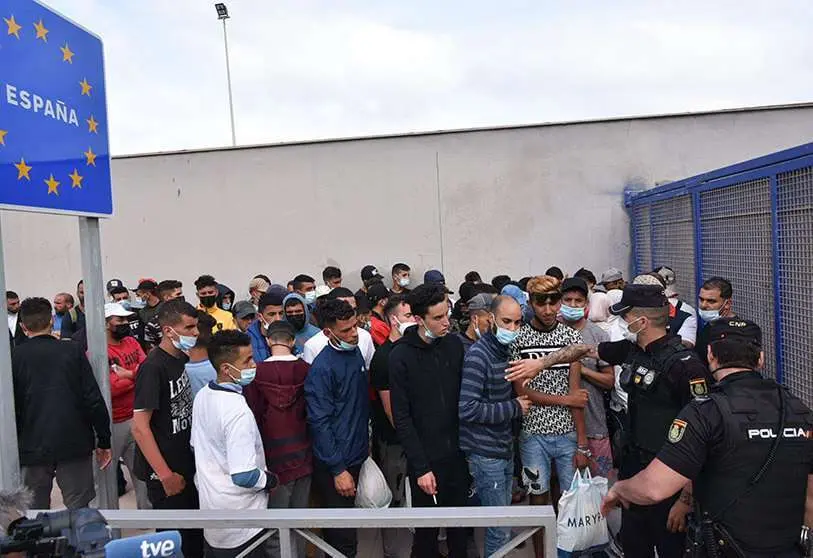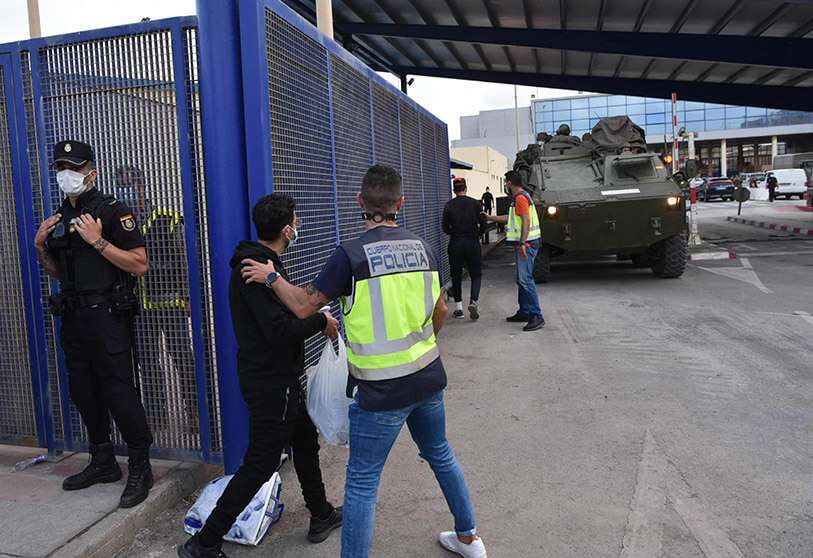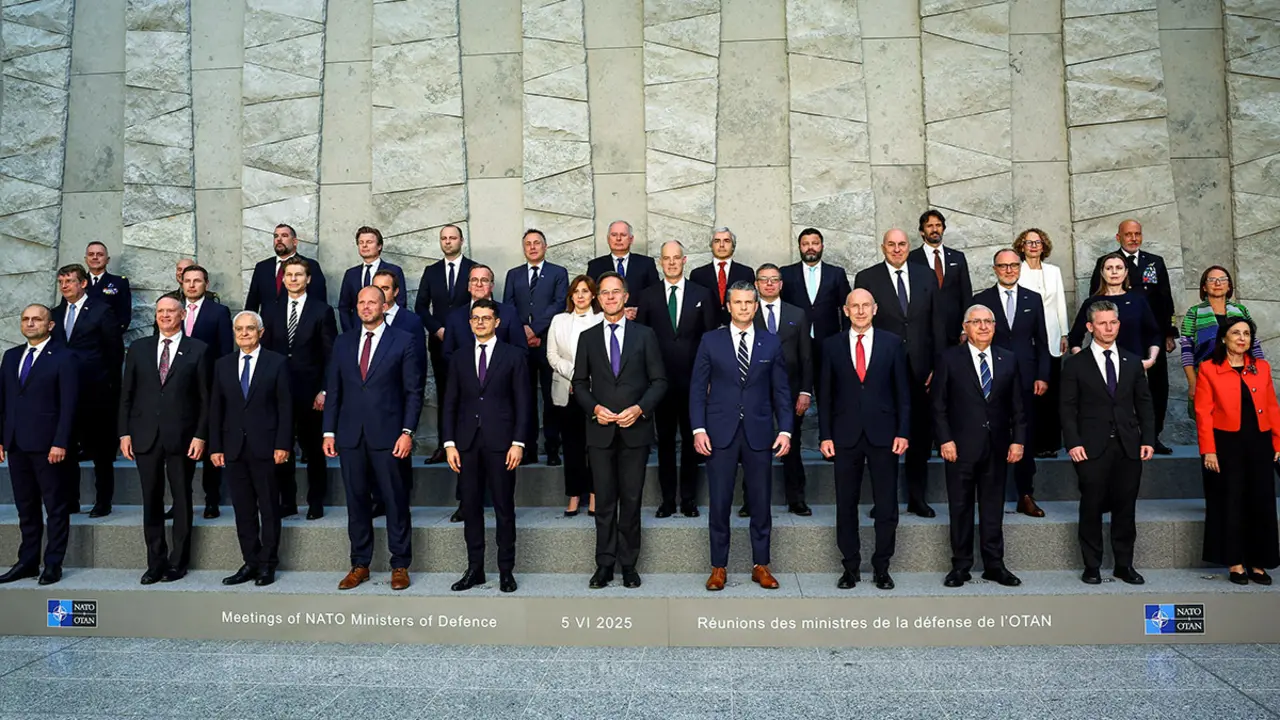Desbordados por la avalancha en Ceuta

The Spanish secret services, both civilian and military, believe that the Moroccan authorities themselves were surprised by the number of people who jumped into the water to reach Ceuta on May 18, because, although they "favoured" this "invasion", they did not expect the high number of people who were going to enter Spain.
This is one of the conclusions of the Spanish information services following the crisis that affected the Spanish city in mid-May and led to the entry of around 8,000 people, more than 1,000 of whom were minors.
It is estimated that until 2017 some 4,000 women porters made a living from buying products in Spain (Ceuta and Melilla) and selling them in Morocco. From that date onwards, Morocco started to put up problems and the number dropped to almost 50%.
The coronavirus crisis led to the border closure and thousands of families ceasing to earn an income in these cities bordering Ceuta and Melilla. When they were informed in May that Morocco was allowing access to Ceuta, they crossed into Spain to try to improve their living conditions.

The Spanish intelligence services did detect that the problem was going to occur, as they were aware of the crowds of people in the border area, as well as Morocco's position of favouring this illegal entry of its compatriots. They informed those in charge of the executive branch of government of the events that were about to take place.
The Spanish authorities had hours to react, but opted for the conservative position of letting them in and, after a few moments of confusion, proceeding to the hot return of those over 18 years of age.
More than 1,000 minors remain in the city, as their families have not claimed them and international law does not allow them to be returned to their country.
The crisis was managed by the Interior Ministry, which was constantly receiving information from the CNI and the Defence Ministry's Intelligence Centre. The Interior received the data and subsequently decided to request the collaboration of the Regular and Legion forces.

The Defence Ministry feels "very satisfied" with the performance of its soldiers, as those who were looking for a picture showing soldiers beating up Moroccan nationals did not achieve their goal.
In everyone's mind were the photos and videos, displayed all over the world, showing the charges of the national police in the Catalan crisis of October 2017.
When a crisis situation arises, civilian and military intelligence services provide the authorities with the information they receive, which is synthesised by their analysts before being passed on to the government. Authorities must decide on the credibility of this information and then act and decide how to react.








